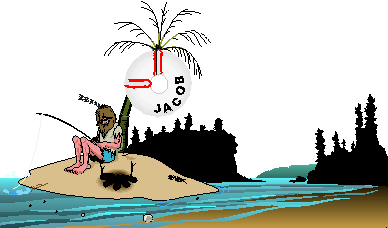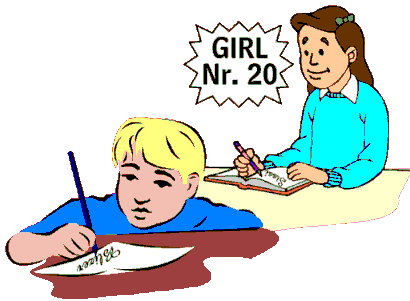|
LIFE: 1812/1870 · At 11 he starts working in a factory (which profoundly influences his novels) HIS NOVELS Setting: · Countryside Characters · He was very good at creating them Plots · Very complex STYLE · He combines social realism with the poetical devices of metaphors and symbolism by Erika Beretti |


OLIVER TWIST’S GROWTH, EDUCATION AND BOARD
|
(from “Oliver Twist” - Chapter 2) SETTING: · The workhouse, a bad place where the orphans live, ruled by Mrs Mann TIME: · Oliver’s ninth birthday WHERE OLIVER IS SPENDING HIS BIRTHDAY: · In a cellar with two other children WHY THEY ARE IN THE CELLAR: · Because the children have had the courage to ask for more soup CHARACTERS: Mrs Mann : · In the passage there isn’t a physical description Mr Bumble: · There is a physical description: he is a fat man and a choleric one and his name reminds us of an inept person Oliver: · He appears only in the last part of the text STYLE: · Great importance of irony, because irony unmasks both Mr Bumble’s pretensions and Mrs Mann’s falsity THEMES: · Dickens’ characters are a realistic and vivid picture of the Victorian England and he condemns the exploitation and the ill-treatment of children and the cruelty of the institution like the Church |

JACOB'S ISLAND

|
(from “Oliver Twist” - Chapter 50) SETTING: · Jacob’s Island, an unknown place in London near the Thames. This part is described as the dirtiest and poorest one in the city SUBJECTS: · 1st part: the visitor THEMES: · The description of the place suggests the tragic event that is going to happen (Fagin’s suicide) 1. general description of the place · Describing the people, the shops and the buildings, in a poor way, Dickens gives the sense of desolation. He underlines the squallor and the poverty using a lot of superlatives · Important metaphor: the people that live on Jacob’s island are as “the raff and refuse of the river”, because on the island the squallor is present in both people and place. There is a sort of correspondence between the physical aspect of the characters and the soul · Dickens makes a social criticism in representing poor people and poor places: denouncement of the Victorian Age STYLE: · Quite long sentences |
FACTS, FACTS, FACTS

|
(from “Hard Times” -Chapter 2) SETTING: · The passage is set in a school founded by Mr Gradgrind, where children are taught “nothing but facts” TIME: · A typical utilitarian lesson that consists in asking technical and scientific meanings of some words CHARACTERS: Mr Thomas Gradgrind (and the government officer): · He is a man of reality, a man of fact Sissy Jupe: · She is a young girl, dark-eyed and dark-haired Bitzer: · He is the result of the Utilitarian philosophy, that destroys the fantasy and the imagination and judges the external world in accordance with its pratical value THEMES: · The contrast between the Utilitarianism and Imagination and sense of solidarity · Dickens makes a criticism to the institutions, like the school, that dehumanises children · Absurdity of the Utilitarian language STYLE: · A lot of dialogues by Alessandra Borghi |